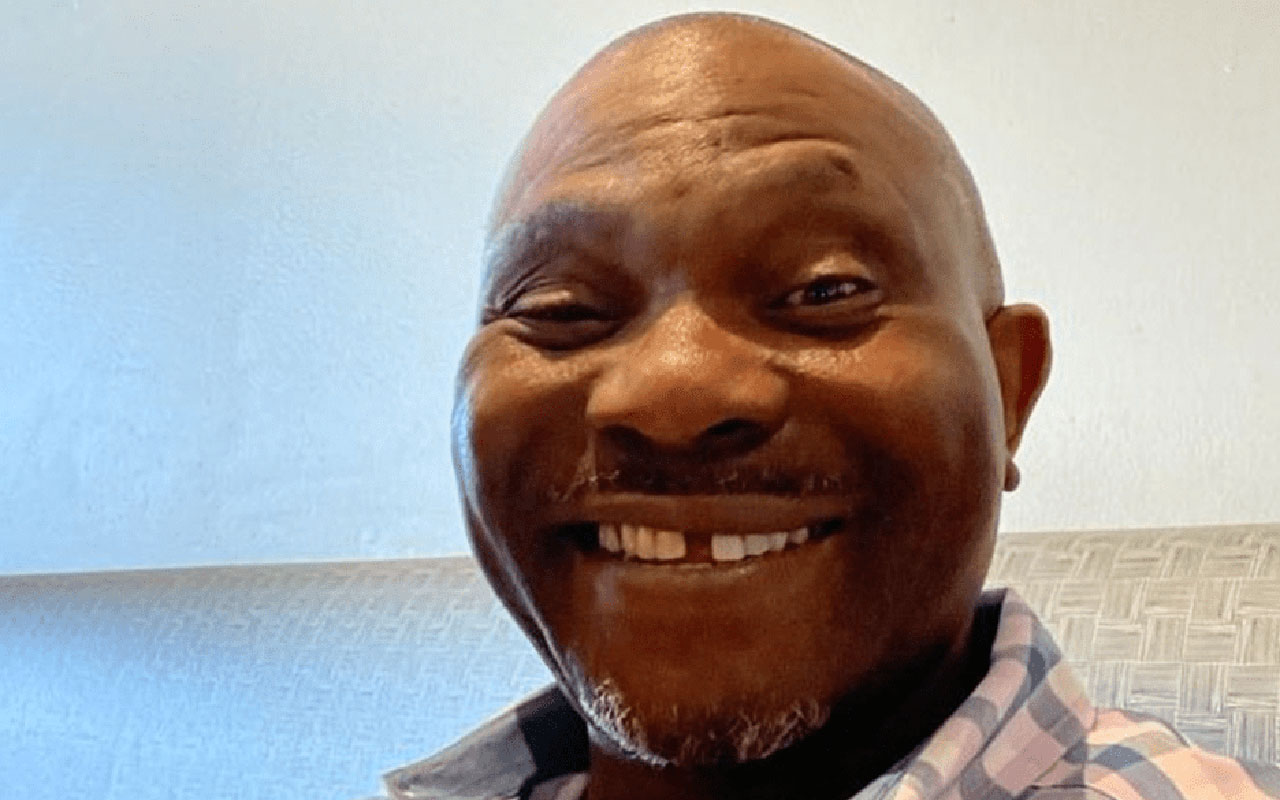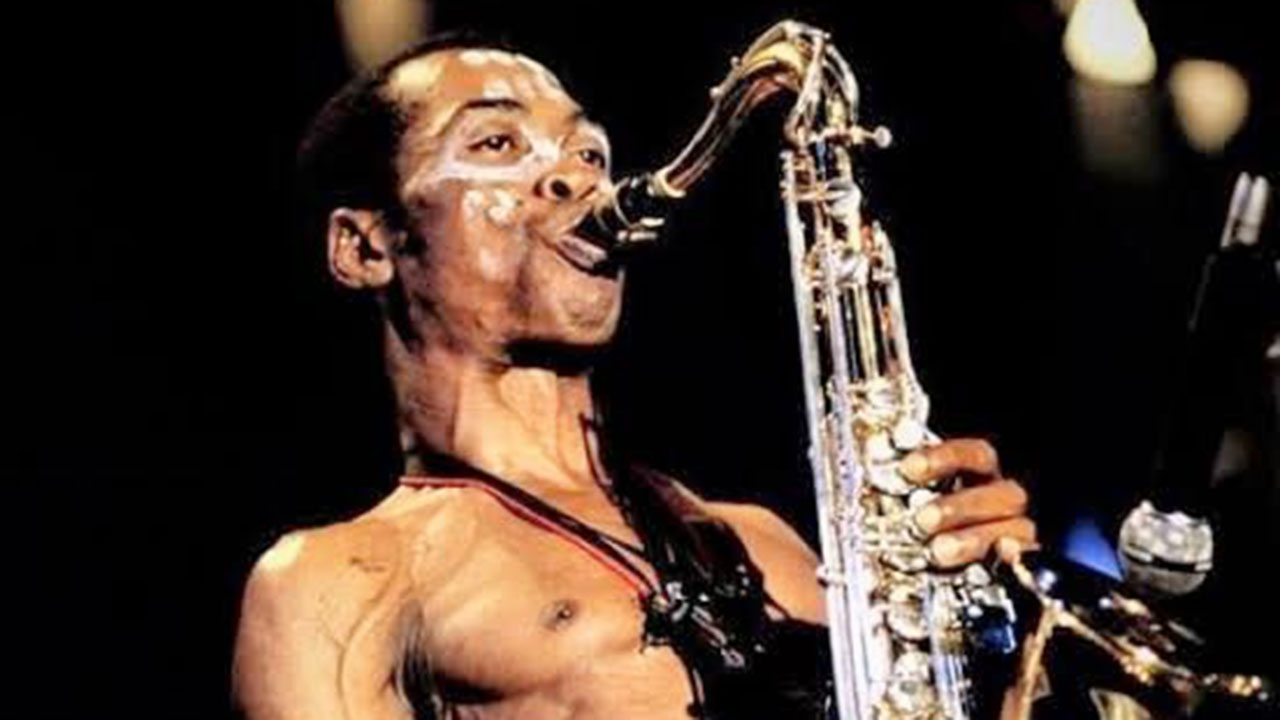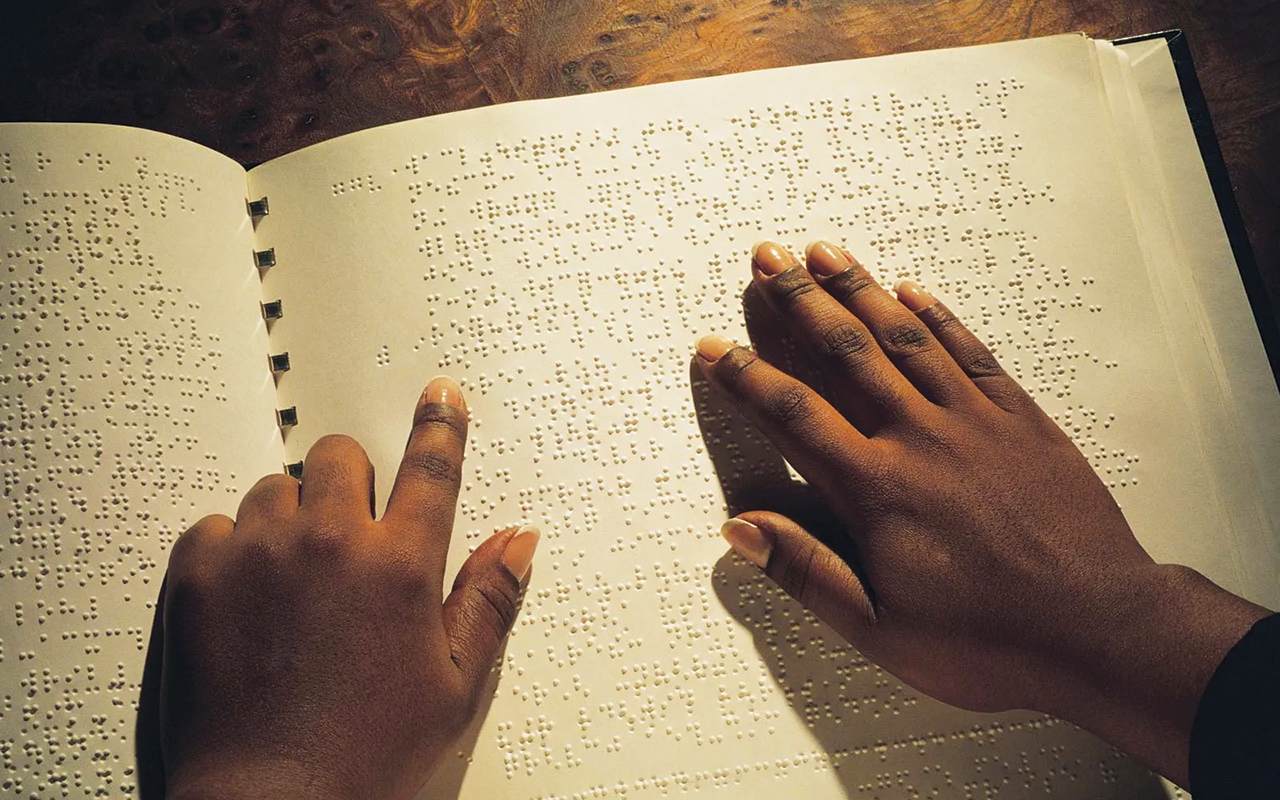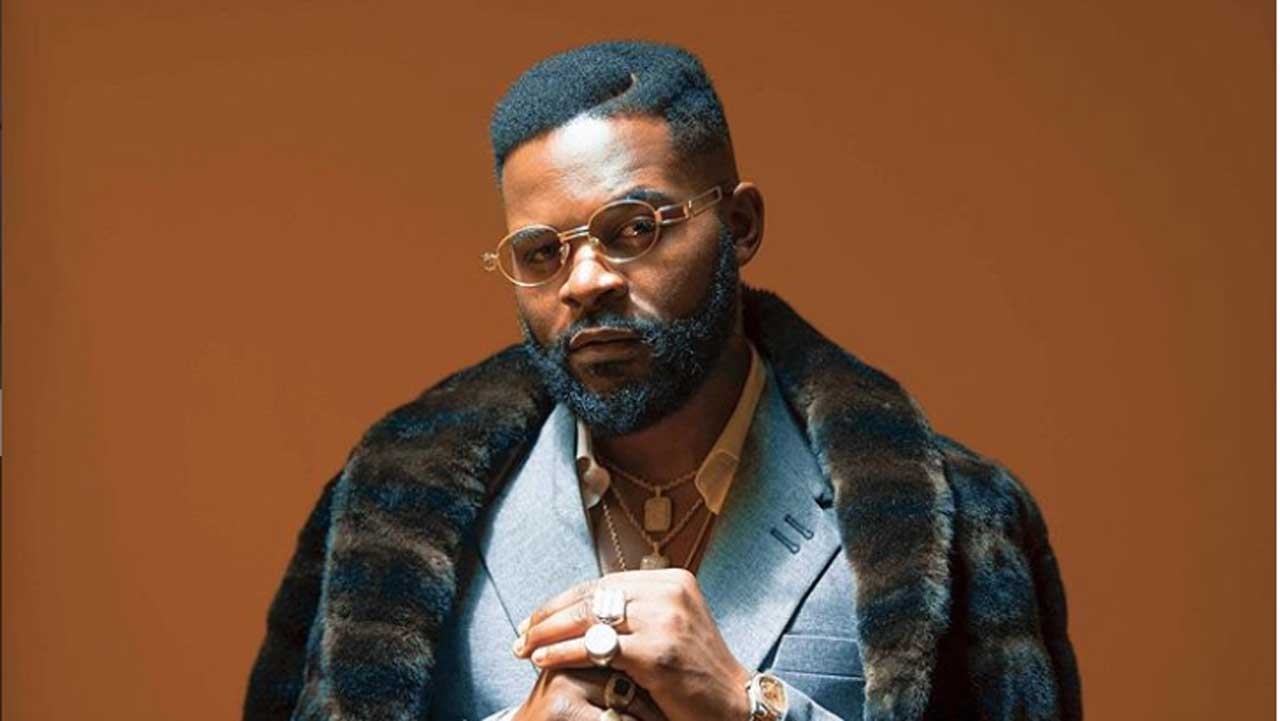
Aiyeko-ooto is a Nigerian-American poet, playwright and philosopher with more than 112 works. Recently, he was in the country for the Lagos Book & Art Festival (LABAF), where the prolific author, using the platform of CORA Youth Creative Club, organised series of activities for young people involving workshop on writing and reading techniques, live writing competition, and mentorship on dignity of the girl-child. In this interview with GREGORY AUSTIN NWAKUNOR, he spoke on his vision for the Nigerian child.
“AIYEKO-OOTO?”
Why Aiyeko-ooto?
“Aiyeko-ooto is my pen name or pseudo-name. Cash Onadele is my real name. The meaning of Aiyeko-ooto is ‘the world embraces untruth, rejecting wrinkled truth,” he said, amid smiles.
The name captures his thematic focus: His literature. His oeuvre spans several creative genres. As at 2023, he had written over 112 works, which interrogate issues affecting humanity.
In 2019, he wrote Enigewo memoir, his biological tale; and that same year, a four-part ethnographic fiction drama play, collectively titled, Blood of Freedom, followed.
When did Aiyeko-ooto start writing, and how does he find time to churn out such a number of books?
“I started completing works in 2014. How do I find time? I follow a disciplined pattern. I eliminate evening TV hours. I sleep by 4:00pm or 5:00pm. I wake up around 4:00am consistently, and I write every single day,” he said.
By training, Cash Onadele is a systems architect. “I design systems. I design software applications,” he said.
Already, he has built the world’s largest library of individual poetry work produced by any single author. He blends Yoruba indigenous heritage and cultural influences in his works.
The solid enrichment of his volumes in songs, ethnographic plays, and stories with literary devices make them appropriate for entertainment and teaching of literature to secondary and tertiary institutions.
“I have actually completed 52 anthologies. I also did a non-fiction, a biological tale about my early childhood, and then I moved onto prose, and I have created about 55 works of prose,” he said.
His ambition is to contribute to development of the youth and creative arts in Nigeria. This was brought into the fore at the 25th LABAF.
To fulfil his vision for the youth, he is starting a ‘youth in literature prize’. “I am going to put a million naira in it every year and an endowment for as long as I live, and hopefully, over time, make it something that will live after me by raising money to make sure the endowment continues.”
He has also endowed a prize for literature in his alma mater, which is Loyola College.
But this year, he is going beyond that. “I’m discussing the possibility of weekend masterclasses in Nigeria in the new year,” he continued. “We need to harmonise the relationship with the university that is interested in a university that has a master’s programme in creative art and also vetting the curriculum as well as additional faculty. There will be a business element. I could teach the technical part while others can teach how you market your books in Nigeria. I won’t be a specialist in that. But initially, we can start with the technical part.”
Last year, on November 13, he spent the entire day with undergraduates from the University of Lagos, Department of Creative Arts. “I coached them on the art of writing short stories and novellas. I think it is right to give back,” he revealed.
“Every concept, every project and every story is embedded in that philosophy. There are three pillars in everything that I write: One, the politics of mankind. Two, our humanity or inhumanity through our behaviours. Three, love, hate or any bonding. Those are the three things that run across everything that I write. Now, I could write it about two people, community, by collective or a culture,” he said.
“I decided at the beginning of 2023 to start thinking of the youth – children and young ones. Our reason is simple: When you look at this our politics, nothing is going to change in this our generation and the one that follows us. They have learnt thuggery, theft and corruption. The generation that follows after the last one that are reading, challenging and are coming up with their influence by facts, and they can start making decisions that are good for the future of our country.”
He continued, “to do that, it is a few of us in this generation that must cast the vision to reset these young ones. Our own generation is already corrupted. If you and your friends try to discuss political ideologies now, you will be disappointed. He will be talking about how many rich people are in his party. But we are selling the soul of this country.”






